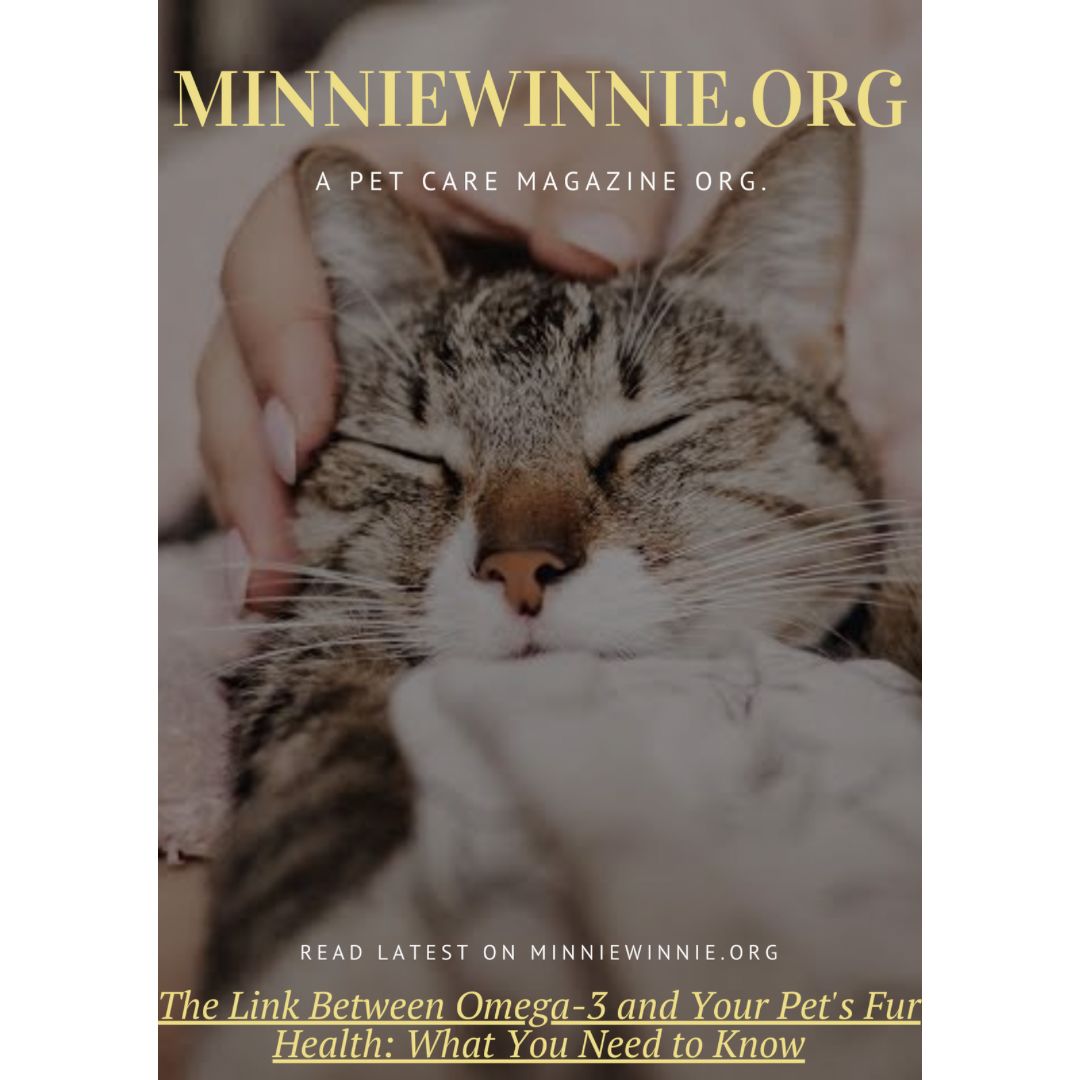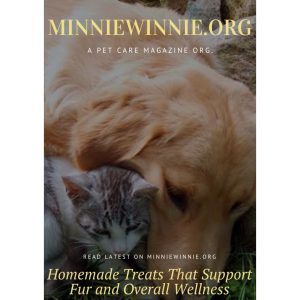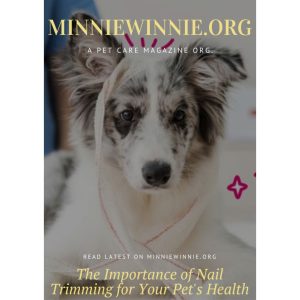The Link Between Omega-3 and Your Pet’s Fur Health: What You Need to Know
As pet owners, we always seek the best for our furry companions, from nutritious food to proper grooming. One key aspect of pet health that often goes overlooked is the condition of their fur. A pet’s coat is not just an indicator of their external beauty but a reflection of their overall health. Recent studies have highlighted the significant role that Omega-3 fatty acids play in maintaining and enhancing the health of your pet’s fur. Here’s what you need to know about the connection between Omega-3 and your pet’s fur health.
Understanding Omega-3 Fatty Acids
Omega-3 fatty acids are essential fats that play a critical role in bodily functions. Unlike other fats, Omega-3s cannot be synthesized by the body and must be obtained through diet. There are three primary types of Omega-3 fatty acids: ALA (alpha-linolenic acid), EPA (eicosapentaenoic acid), and DHA (docosahexaenoic acid). While ALA is found in plant oils, EPA and DHA are primarily sourced from marine oils, which are particularly beneficial for pets.
Benefits of Omega-3 for Pet Fur Health
- Reduces Inflammation and Skin Irritation: Omega-3 fatty acids possess strong anti-inflammatory properties, which can help alleviate skin conditions that often lead to fur problems. Pets with allergies or dermatological issues can benefit significantly from Omega-3s, as they reduce itching, redness, and inflammation, leading to a healthier coat.
- Promotes Shinier Fur: A diet rich in Omega-3 fatty acids can result in a shinier, more lustrous coat. These fats help retain moisture in the skin, preventing dryness and flakiness, which often contribute to dull and brittle fur. Regular intake of Omega-3s ensures that your pet’s fur remains smooth and shiny.
- Improves Hair Follicle Health: Omega-3s support the health of hair follicles, the structures from which each strand of fur grows. By enhancing follicle health, Omega-3s can reduce shedding and promote the growth of strong, healthy fur. This is especially beneficial for breeds prone to heavy shedding or those with naturally fine fur.
- Supports Overall Skin Health: The skin is the foundation of a healthy coat. Omega-3 fatty acids help maintain the integrity of the skin barrier, protecting against environmental irritants and allergens. A healthy skin barrier ensures that the fur remains robust and vibrant.
Sources of Omega-3 for Pets
- Fish Oil: Fish oil is one of the richest sources of EPA and DHA, making it an excellent supplement for pets. It can be found in liquid or capsule form and added to your pet’s food. Popular options include salmon oil and sardine oil.
- Flaxseed Oil: While primarily a source of ALA, flaxseed oil can still benefit pets, especially when combined with other Omega-3 sources. It is a good option for pet owners looking for plant-based supplements.
- Chia Seeds: Chia seeds are another plant-based source of ALA. They can be sprinkled on your pet’s food, providing a convenient way to boost their Omega-3 intake.
- Commercial Pet Foods: Many high-quality commercial pet foods now include Omega-3 supplements. When choosing a pet food, look for labels that indicate the presence of fish oil or other Omega-3 sources.
How to Incorporate Omega-3 into Your Pet’s Diet
Before introducing any new supplement, it’s crucial to consult with your veterinarian. They can recommend the appropriate dosage based on your pet’s size, breed, and specific health needs. Once you have the go-ahead, start with a small amount and gradually increase it to allow your pet to adjust.
Adding Omega-3 to your pet’s diet can be as simple as mixing a few drops of fish oil into their regular meals or choosing a pet food fortified with Omega-3s. Consistency is key, so make it a regular part of their diet to see the best results.
Conclusion
The connection between Omega-3 fatty acids and your pet’s fur health is clear and compelling. By incorporating these essential fats into your pet’s diet, you can significantly improve the condition of their coat, reduce shedding, and promote overall skin health. Whether through natural sources like fish oil or specially formulated pet foods, Omega-3s are a vital component of a comprehensive approach to pet care. Embrace the power of Omega-3 and watch your furry friend’s coat transform into a symbol of their vibrant health and well-being.










